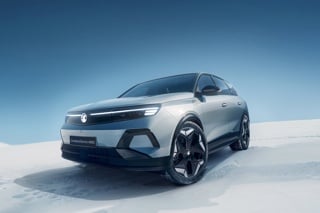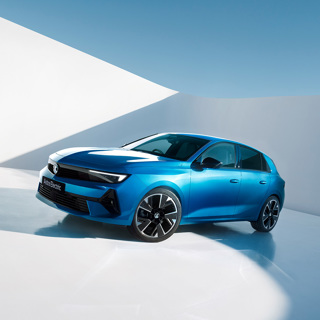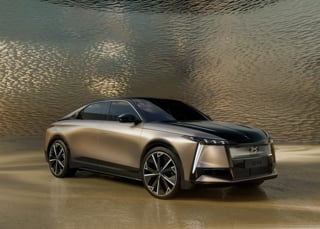Vauxhall wants to offer fleets the best deal in terms of wholelife costs across its model range.
The manufacturer is benchmarking its costs against mainstream competitors and newer rivals from Kia and Hyundai.
However, fleet sales director James Taylor (pictured), explains: “We will also look at relevant premium brands so see where we sit, especially as their volumes increase in fleet.”
Taylor says Vauxhall is having to “fight on all fronts” against traditional competitors, premium brands and emerging manufacturers.
“It all starts with the wholelife cost – this covers all three bases,” he said.
“Pence per mile is key in fleet and increasingly important in retail as well. We want to be seen as number one for wholelife cost.
“As procurement takes a greater role , objective wholelife cost analysis is where the decisions are being made.”
Vauxhall has started to “reverse engineer” its models to take wholelife cost into consideration, a move Taylor describes as a “cultural change” within the business.
“The voice of the customer is getting louder within Vauxhall,” he added. One example is the launch of the Design derivative in the Astra model line-up which replaces the Exclusive and ES trims. It will account for around 40% of the Astra’s sales mix.
“We have realigned our wholelife cost position in this core model by re-pricing the car to make it more competitive,” Taylor explained.
Comparable prices have fallen by around £2,000 for the model-year 14 cars versus the old Exclusive trim, and they have also gained alloy wheels.
However, both new and outgoing derivatives will run side-by-side for a while to allow the industry to adjust to the new approach.
Vauxhall also plans to cut the Astra engine line-up by the middle of 2014, dropping the 1.7-litre and 1.3-litre diesels.
Taylor added that the Corsa would follow a similar trim and pricing strategy.






















HG - 02/01/2014 12:31
No bling alloys and expensive replacement tyres then?